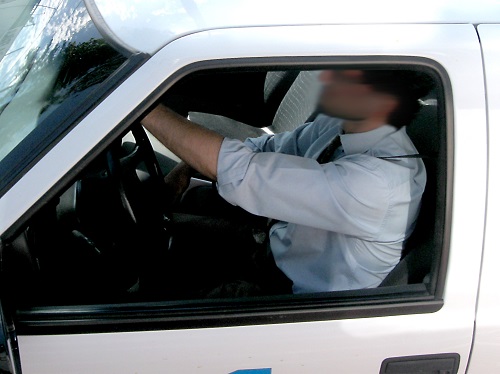 Last week the 8-member U.S. Supreme Court released its opinion in the much-watched Birchfield v. North Dakota, which the Court heard in a consolidation with two other cases, including Minnesota’s own Bernard v. Minnesota. Remember that Bernard started as a 2012 police encounter on the river bank in Dakota County wherein the intoxicated-appearing defendant refused the breathalyzer test. It is significant because of Minnesota’s implied consent statute criminalizes the refusal to take a DWI test (instead of mere grounds for license revocation). (Minnesota adopted this more punitive law in 1989. See 1989 Minnesota Laws, Ch. 290, Art 10.) Minnesota’s statute also states that one who drives in the state consents to chemical testing of breath, blood, or urine.
Last week the 8-member U.S. Supreme Court released its opinion in the much-watched Birchfield v. North Dakota, which the Court heard in a consolidation with two other cases, including Minnesota’s own Bernard v. Minnesota. Remember that Bernard started as a 2012 police encounter on the river bank in Dakota County wherein the intoxicated-appearing defendant refused the breathalyzer test. It is significant because of Minnesota’s implied consent statute criminalizes the refusal to take a DWI test (instead of mere grounds for license revocation). (Minnesota adopted this more punitive law in 1989. See 1989 Minnesota Laws, Ch. 290, Art 10.) Minnesota’s statute also states that one who drives in the state consents to chemical testing of breath, blood, or urine.
In its opinion, the Court (Justice Alito and four of his colleagues) held that the breathalyzer was not an intrusive test, and therefore its administration can be part of a legitimate search incident to a lawful arrest. The Court drew the line at blood tests, holding that they were too invasive to be part of a lawful search incident to a lawful arrest, and thus required a warrant. So, Minnesota’s implied consent statute still stands, at least as far a breath testing as concerned. Three of the justices disagreed that there was a difference in blood and breath tests for Fourth Amendment purposes. Justice Sotomayor (joined by Justice Ginsburg) dissented, pointing out that most breath tests in Minnesota are performed about 45 minutes after a person is detained, with plenty of time to get a warrant. Arguing the reverse, Justice Thomas’ dissent objected to “splitting hairs” between breath tests and blood tests, proposing that neither tests require warrants. The Court did not analyze the constitutionality of testing urine in this context, which one might guess falls somewhere between breath and blood in the Court’s Birchfield analysis.
So what does this ruling mean for Minnesota and other states? Expect to continue seeing this gadget in the criminal justice arena, despite challenges to its accuracy and effectiveness.
(Legal history buffs who enjoy this blog should read the Birchfield opinion for the information treats provided by the Court. For instance, the opinion in State v. Noble (1926), 119 Ore. 674, 250 P. 833 is from an early case analyzing early drunk driving laws on Oregon.)